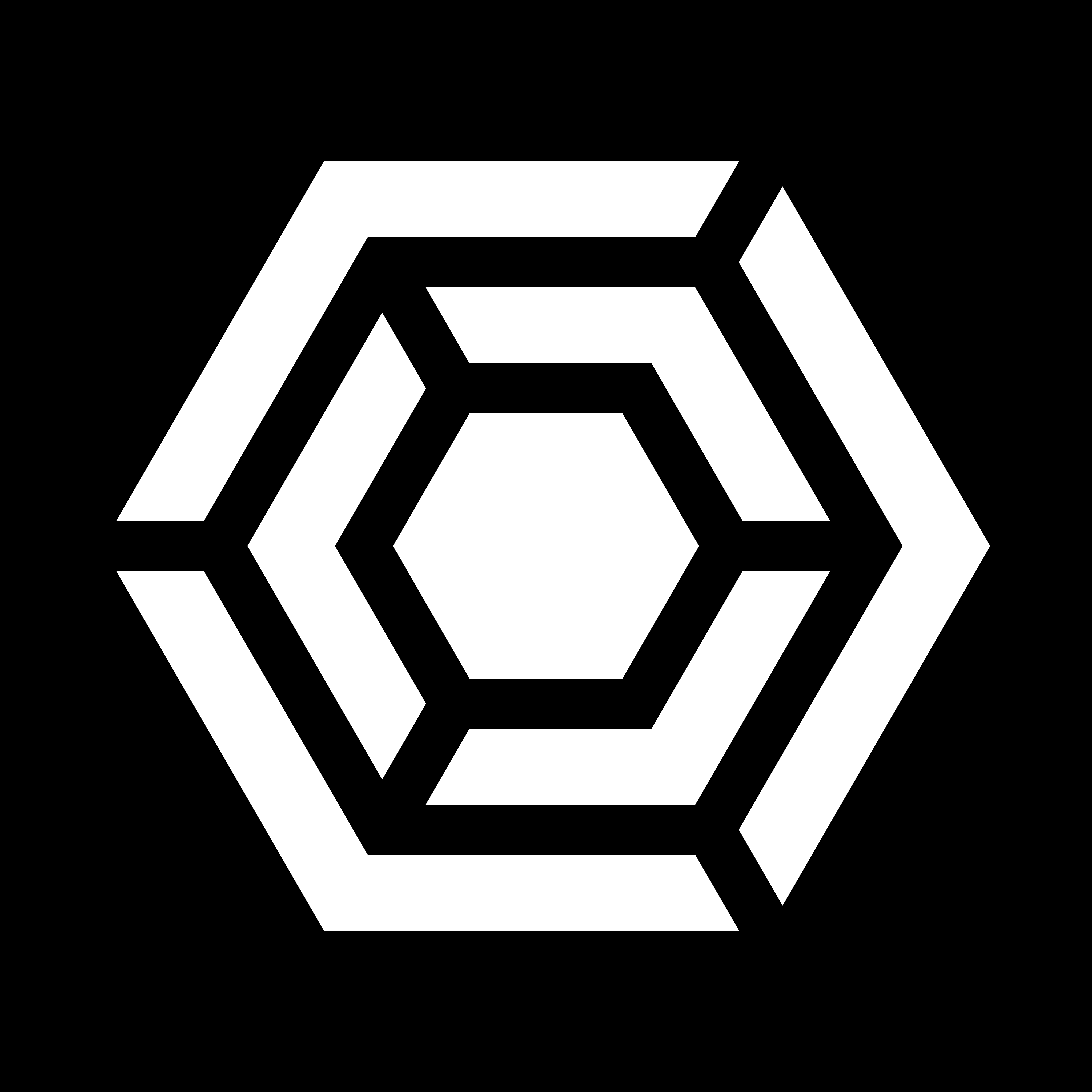There sure are a lot of “Google enshittifies Google” articles lately.
isn’t this a good change though?
It’s actually a good change, IMHO. You can just click directly on page 10 for anything that might be related to your original search.
I suspect it is so that they can place ads / AI at the top of every page
If I remember correctly from the good ol’ days, promoted sites/ads kinda stopped after the first few pages and it skipped past most of the SEO crap.
But yeah, I forgot how aggressive Google is with ads and AI now, those bastards.
10yrs ago if have said yes… however, I feel like page 1 is only ads and images to ads and sponsored content so I end up on page 2 anyway, so now I have to click a button.
I remember the time page 2 of google was equivalent to an underground crypt.
How the times deteriorate
Absolutely, this change makes it harder for people to quickly scroll away ads at the top & for ad blockers to seamlessly hide ads. With ad blockers your first page will be mostly empty & make google more annoying to use.
That was the whole point. They’re making sure you don’t scroll past that first page.
At some point they’ll probably just show a full page unskippable ad after you press search. 😄
There sure are a lot of “Google enshittifies Google” articles lately.
They are trying to keep up with Microsoft.
I’m cynically viewing this as not a positive. I assume this is so they can make pages 2, 3 and so on as spammy as page 1.
Not at first, obviously. You don’t boil that frog on high heat.
You throw out a second page with a cute little text ad off to the side, then 1 or 2 at the top, then a mid-page ad. Maybe some suggested content.Instead of having to scroll through a page’s worth of ads to get to semi-relevant results with a gem hidden in them, it’ll be a pages worth of ads for your semi-relevant results per page, and maybe what you were looking for 4 or 5 pages in.
Google used to be good. They ‘know’ what people are looking for. So they’ll probably hire someone familiar with gambling to figure out a minimum dispersion of relevant results on the pages, to keep people using the service and scrolling past ads. … I used to remember this. Variable-ratio reward schedule?
Rare case of a good change coming from google
Everything old is new again.
Remove ads and AI garbage next please.
It is possible with ublock origin or browser extension
Or Startpage. Mojeek. Searx. Qwant. The lot…
Wow, good news from google is rare
In case you miss infinite scroll. There is browser extension and JS script for that
Good, one less browser extension to remove.
Goo—glé? What is this? A baby web website or something? Goo goo gah gah.
Literally didn’t even know it had it? Is this only in the google app? I always remember pages on the site.
This is the best summary I could come up with:
The latest feature headed to the Google graveyard is continuous scrolling on search results, according to a report from Search Engine Land.
The user experience, which mirrored the endless scrolling behavior of social media feeds, was originally introduced for search results on mobile devices in October of 2021 and then brought over to desktop search results in late 2022.
A Google spokesperson reportedly told Search Engine Land that continuous scroll is being removed today from desktop search results, while the feature will be removed from mobile results “in the coming months.”
In its place on desktop will be Google’s classic pagination bar, allowing users to jump to a specific page of search results or simply click “Next” to see the next page.
On mobile, a “More results” button will be shown at the bottom of a search to load the next page.
Google told Search Engine Land that “this change is to allow the search company to serve the search results faster on more searches, instead of automatically loading results that users haven’t explicitly requested.”
The original article contains 175 words, the summary contains 175 words. Saved 0%. I’m a bot and I’m open source!
They already have on mobile.





